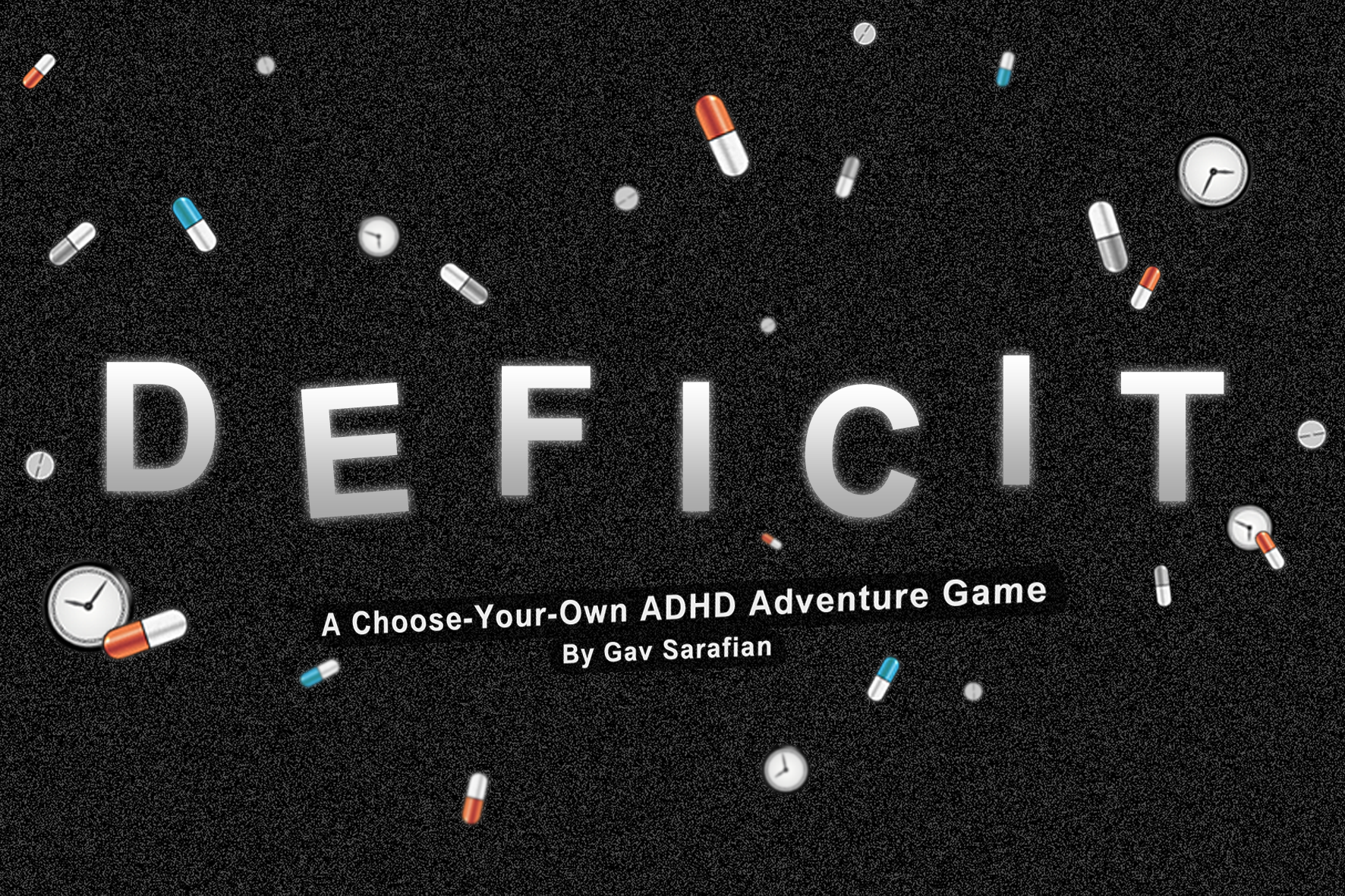Gav Sarafian
To be seen as lacking or deficient is to have a “deficit”.
As a person with ADHD, it’s not lost on me that part of the neurological condition’s very description - Attention Deficit Hyperactive Disorder - makes it sound like myself and the millions of other people whose brains operate similarly are somehow missing a critical component. While maintaining specific focus can be more difficult in many situations, often the opposite is true: those with ADHD tend to notice everything around them. The misconception that ADHD folks can’t concentrate on anything ends up painting us all with the same brush, leading to negative stereotypes and discrimination.
I feel for my neurodivergent siblings, especially those with Autism (with which ADHD can have overlapping traits), in a world that judges us by our ability and capacity to work, and values neurotypical traits over neurodivergence. This world simply isn’t built with us in mind; structural barriers and attitudes often create a difficult environment for those whose minds work outside of the perceived norm.
Fortunately, in recent years there has been an increased attention in making video games more accessible (or ‘approachable’). From visual and audio settings designed to accommodate physical needs (like colourblindness, or visual cues for those with auditory disabilities), to gameplay (like button remapping, swapping button holds for presses, and allowing invulnerability), many games commonly offer at least some level of accessibility. However, there is not an industry standard for accessibility features, and developers may only offer certain kinds in their titles.
In recent years, several game studios have established employee groups dedicated to supporting and advocating for neurodivergent games workers and players. There is also a wealth of communities online that serve neurodivergent games, especially on Reddit, Discord and on platform specific communities like Steam where folks with Autism, ADHD and other flavours of neurodivergence can thrive.
Diversity, Inclusion, and Equitability has become a hot topic this year, and initiatives related to them have come under attack by the right. However, the demand for accessible games has not diminished, and it seems like many of the larger game studios have not yet given into dropping these features. I believe the future of games is inclusive: art is for everyone, and it is critical that we lower the bar to accessing it for all. If for no other reason, accessibility can justifiably impact revenues by making games more appealing to a wider audience.
I made Deficit because I didn’t see myself represented in media. Neurodivergence is often used to stereotypically inform a villain (or victim)’s motivation, and to justify violence towards them. Based on my own lived experience, I chose the name specifically to invert that gaze towards society, and to insist that it is the structures by which we live that in fact are lacking. I hope to see more games that centre mental health, especially those which show positive, accurate representation, and which have a focus on accessibility for all.
Resources:
gameaccessibilityguidelines.com/full-list/
https://accessiblyapp.com/blog/video-game-accessibility/https://ablegamers.org/

